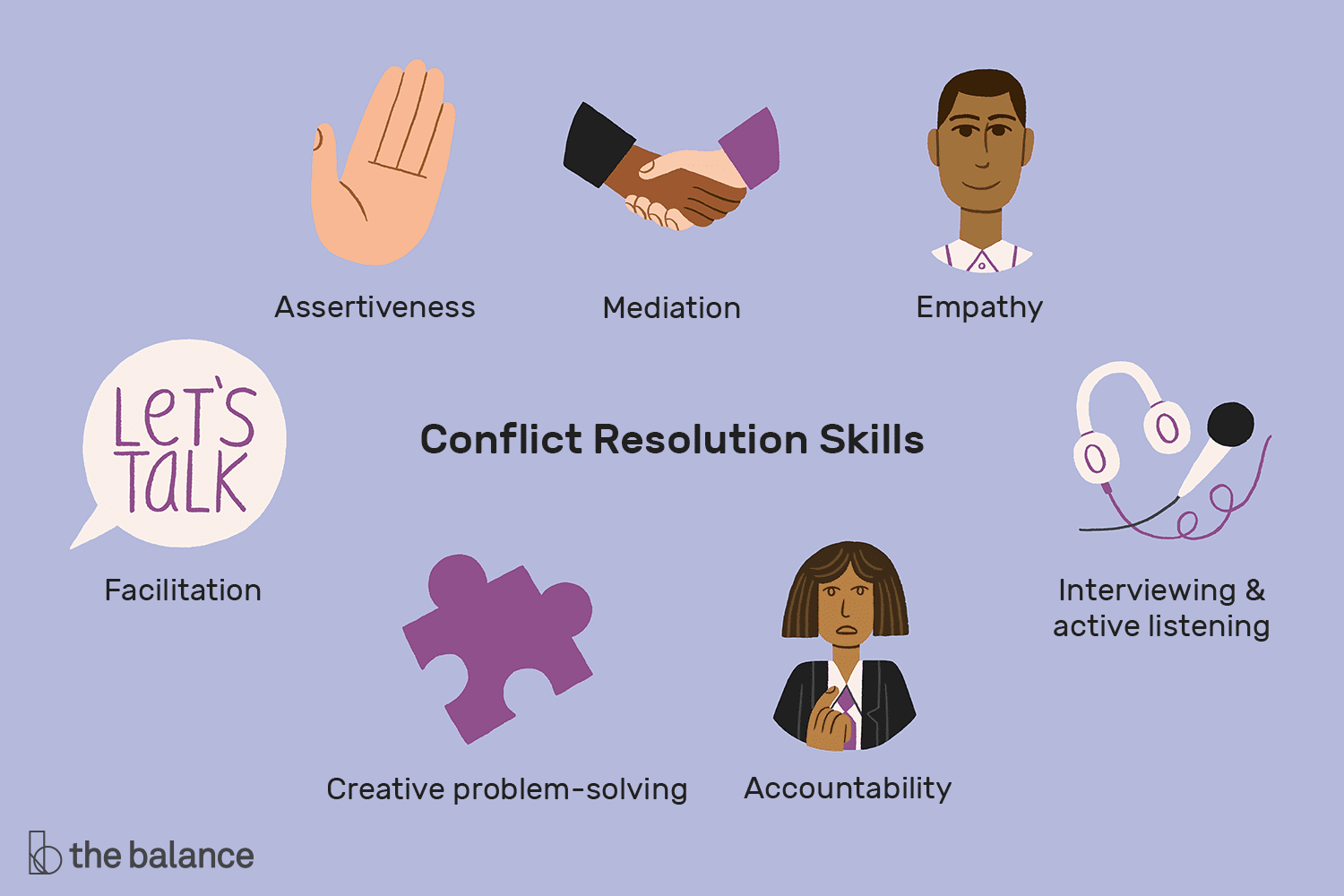Conflict Resolution: A Healthy Approach
In any interpersonal relationship, conflicts are bound to arise. Whether it’s a disagreement with a co-worker, a dispute with a friend, or an argument with a family member, conflicts can be stressful and challenging to handle. However, conflict resolution is an essential skill that can not only help resolve differences but also strengthen relationships. In this article, we will explore the key elements of a healthy approach to conflict resolution.
Communicate Clearly and Effectively
One of the fundamental aspects of conflict resolution is clear and effective communication. When conflicts arise, it is crucial to express your thoughts, feelings, and concerns openly and honestly. Using “I” statements instead of blaming the other person can create a safe space for dialogue. Active listening is also vital in conflict resolution. Paying attention to the other person’s perspective and validating their feelings can foster empathy and understanding.
Focus on the Problem, Not the Person
When conflicts occur, it is easy to shift the focus from the problem at hand to attacking the person involved. A healthy approach to conflict resolution involves separating the problem from the individual. Instead of blaming or criticizing, focus on addressing the issue and finding a mutually agreeable solution. This shift in perspective can reduce defensiveness and create a collaborative environment for resolving conflicts.
Seek Win-Win Solutions
Conflicts often arise when individuals have different interests and goals. A healthy approach to conflict resolution involves seeking win-win solutions, where both parties’ needs and desires are taken into account. This requires creative problem-solving and a willingness to find compromise. A win-win solution acknowledges that both parties can benefit and ensures a more sustainable resolution to the conflict.
Control Emotions
Conflicts can be emotionally charged, making it challenging to think rationally and make sound decisions. A healthy approach to conflict resolution involves managing and controlling emotions. Taking a step back, practicing deep breathing, or using other relaxation techniques can help regulate emotions and reduce impulsivity. In conflict resolution, it is essential to address the problem rather than reacting solely based on emotions.
Manage Stress
Conflicts can elevate stress levels, affecting mental and physical well-being. To approach conflict resolution in a healthy manner, it is crucial to manage stress effectively. Engaging in stress-relieving activities such as exercise, meditation, or spending time in nature can help reduce tension and promote a more constructive mindset during conflict resolution.
Practice Empathy and Understanding
Empathy and understanding play a vital role in conflict resolution. Putting yourself in the other person’s shoes can help you see the situation from their perspective and find common ground. Acknowledging their emotions and validating their feelings fosters a sense of respect and creates a supportive atmosphere for resolving conflicts.
Keep the Focus on Resolution
During conflicts, it is easy to get caught up in blaming, escalating arguments, or bringing up past grievances. A healthy approach to conflict resolution involves keeping the focus on resolving the current issue. Bringing up unrelated matters can derail the conversation and hinder progress. By staying focused on finding a resolution, conflicts can be addressed more effectively and efficiently.
Know When to Seek Mediation
In some cases, conflicts may be deeply entrenched or involve multiple parties, making them difficult to resolve independently. Recognizing when to seek mediation or professional help is essential. A mediator can provide an impartial perspective and facilitate open communication, leading to a more satisfactory resolution. Seeking mediation is not a sign of weakness but rather a proactive step towards resolving conflicts in a healthy and constructive manner.
Conclusion
Conflict resolution is an integral part of maintaining healthy relationships. By approaching conflicts in a healthy manner, we can foster understanding, build stronger connections, and find mutually agreeable solutions. Clear and effective communication, problem-focused approach, empathy, emotional control, stress management, and the ability to seek mediation when necessary are all key elements of a healthy approach to conflict resolution. By practicing these techniques, conflicts can be transformed into opportunities for growth and deeper understanding in our personal and professional lives.


